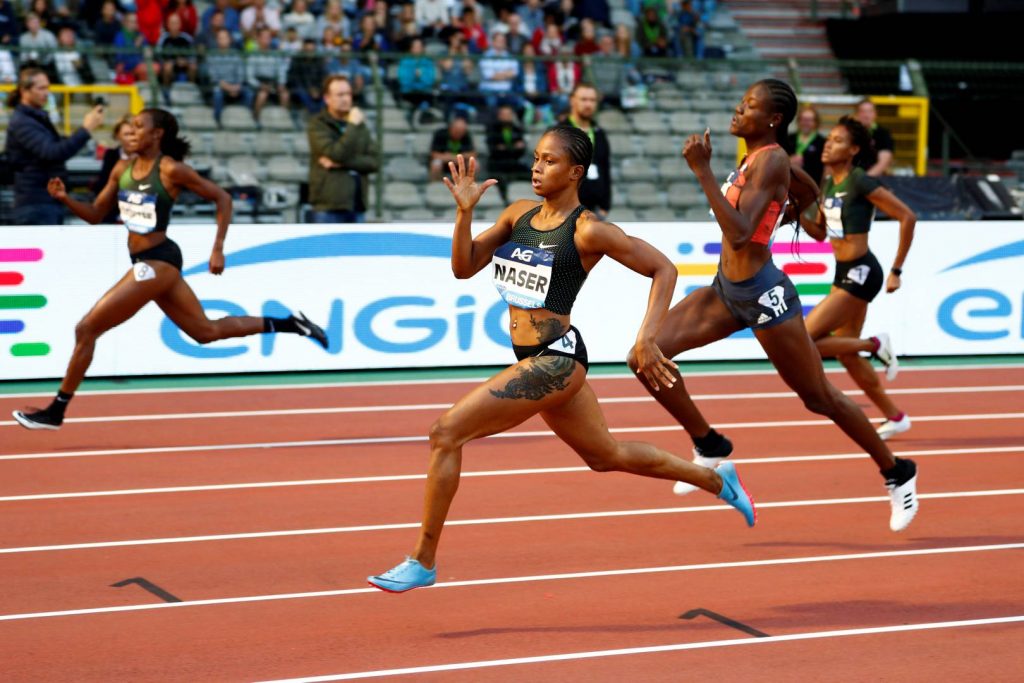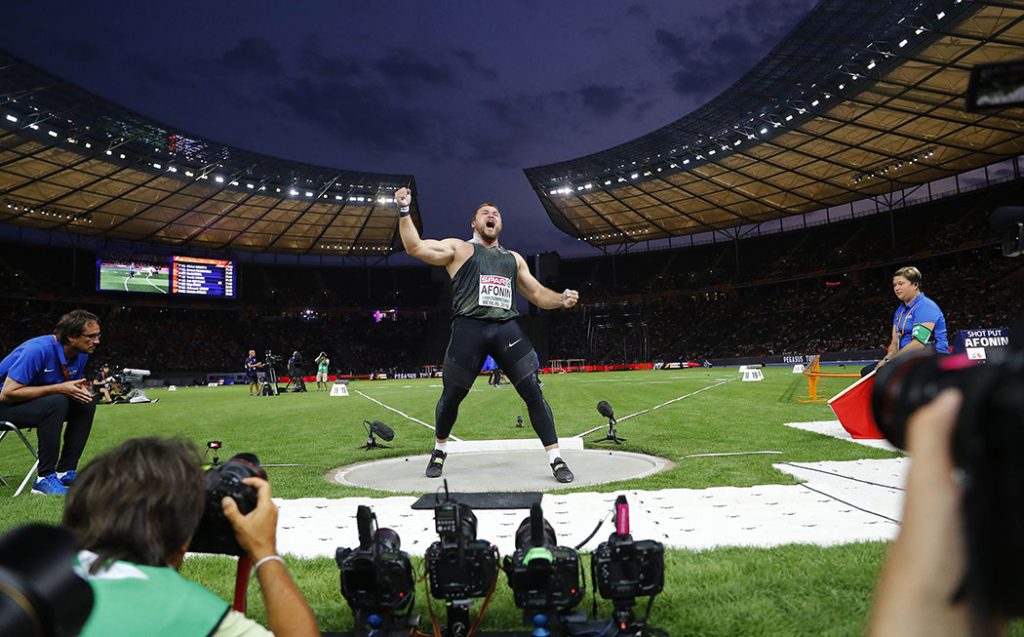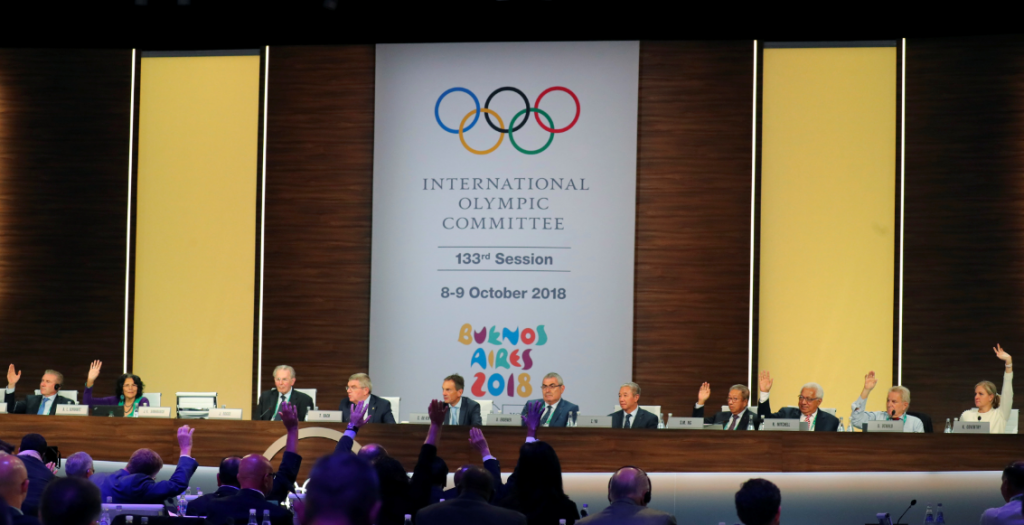Five Key Targets To Aim For To Achieve Good Governance In Sport
February 10, 2021
Governance is always a key topic of sport, and even more so in times of crisis, such as over the past 12 months while Covid has been causing havoc with sport all across the world. Therefore, in our new Member Insights piece Michel Cutait, Director of Development at World Obstacle (FISO), has offered some of his thoughts on this key area of sport and his five keys for good governance.
The concept of governance is not something new in sports, much less in other industries, especially those involving private companies and corporations.
One of the most important purposes of governance in the corporate world, in for-profit organisations, has been to protect minority shareholders, but it has also fulfilled other functions, mainly to assure to the market that these companies adopt clear, transparent, trustworthy and legal management practices, generating a perception of trust and security for all investors and stakeholders.
The objective of this article is not to define the concept of “governance”, however, only to outline: governance is the whole set of rules, practices, conducts and procedures that organisations must adopt to the market to ensure the sustainability of their activities.
This is already a reality in companies and for-profit organisations that relate more intensely to the market, and also in those that aspire to gain competitiveness and participation in market-share.
“The application of governance in sports organisations not only represents an evolution of institutional practice but has become a competitive differential.”
The concepts of governance are more than adequate for the world of sport, especially for non-profit sports organisations, it is no wonder that some years ago many of these organisations began an irreversible movement of adaptation, improvement and innovation in relation to the best practices of governance.
It is worth saying that a major achievement in recent years was the creation of the “Governance Task Force (GTF)” in November 2015 by ASOIF with the objective to promote and ensure a culture of good governance in the organisational structures of International Federations, work from which has just been released in the Third Review of IF Governance (2020).
The application of governance in sports organisations not only represents an evolution of institutional practice but has become a competitive differential that allows all stakeholders to have a clear perception that their relationships with a specific entity are protected in a serious, transparent and responsible manner.
There are five important characteristics that summarise the best practices to explain what the concepts of Governance can offer to sports organisations.
Responsibility
The first, and perhaps the most important, is responsibility. In this aspect, sports organisations need to offer, first of all, professional management. Based on procedures, routines and practices that are adopted according to a well-defined, clear and systematic methodology, which drives the business from the beginning to the end of all stages of the process.
Responsibility also requires that leadership be provided by competent, experienced and active professionals in the market; needs to prioritise, whenever possible, sustainability in its actions and initiatives, improving the efficiency of internal processes, generating low levels of environmental and social risks, and generating value not only for its members, but also for all other stakeholders involved in its activities, including society itself.

Also within the aspect of responsibility is the commitment to the objectives of the sports organisations, which includes not only the positioning that these entities want to show to their stakeholders, but also the evaluation of performance, which can be measured in several ways, not only by accountability, but also by the effectiveness of the impacts and transformations brought to the Sport, as well as by the positive cost-benefit economy of their projects, programs and action plans.
Predictability
The second is predictability, which characteristic is essentially linked to planning, because in Governance, planning demonstrates to stakeholders that the actions and initiatives adopted by sports organisations were decided according to premises, studies and analyses that justify and support the final objectives that they intend to achieve, and in this case, it is essential that the management of these entities be guided by the elaboration of a budget, foreseeing all expenses and revenues that will be incurred in the organisation, and must respect, at least, an annual system of planning.
And whenever necessary, the budget must be subject to occasional revisions when, during the current fiscal year, certain previsions prove to be innocuous, irrelevant or discordant with reality. For example, if expenditure which was planned does not fall to the entity in the second half of the year, it must be replaced or withdrawn from the budget.
A good example of this concept is the category of events, which, year by year, demand different solutions, require new strategies and generate costs that are not uniform to each budget period. One recommendation for this purpose would include formulating the budget on a zero basis, i.e. each year the entire budget must be revised, as if a new budget were being drawn up, in accordance with the new strategic plan designed for the next year.
Accountability
The third characteristic is accountability, which needs to be seen much more as a form of communication than as an obligation, because by accountability, sports organisations have the opportunity to demonstrate, explain and justify how management is being conducted in financial terms, and consequently, inform stakeholders that all resources are used in an appropriate and responsible manner in the management of that entity.
Relevant evidences on this assumption can easily be verified by the maintenance of its activities, the compliance with the action plan, the delivery of the events, or the result of the various programs related to elite sport, sustainability, social responsibility, education or any other that has been designed by that entity.
“These characteristics are essential for the adoption of governance and may be expanded as practices evolve, because, in fact, they offer much more than simple obligations and duties”
This concept is especially important to ensure to all members, especially those who are recipients of proportional resources according to the rules of each entity, that the practices of that entity are conducted regularly, consistently and transparently.
Legality
The fourth is legality, and for this characteristic, basically, the management of the sports organisations must be practiced within the requirements of the law, the statutes and/or the contracts, which requirement is an essential condition for the actions and decisions to be supported by the duties and obligations that were instituted when these entities were founded.
Legality is also reflected in the obligation to keep documents, contracts, mandates, licenses and permits updated, filed and organised; in addition to accounting for all financial and fiscal records in the books and in the forms provided by law.
Auditing
And finally, as a fifth characteristic of governance, auditing cannot be dispensed with and must be done respecting at least two scopes: the external audit, which will examine the accounts, taking as evidence the documents that supported the accounting records, to finally offer, if possible, an unreserved report on the accounts that were verified; also the internal audit, which goes through the conference of methods, procedures, routines and practices adopted in the administration of the entities, which is essential to verify possible mistakes, mismatches, inconsistencies, irregularities and/or non-conformities in relation to the best practices.
Auditing also involves health and safety issues in the work environment, other related to sustainability and/or social responsibility, and even patrimonial matters when the referred entity needs to ensure the preservation of the inventory of their furniture, equipment and materials, and of their real estate and their respective facilities, improvements and constructive state of their assets.

These characteristics are essential for the adoption of governance and may be expanded as practices evolve, because, in fact, they offer much more than simple obligations and duties to sports organisations, these measures turn into very attractive, differentiated and innovative benefits and advantages:
• help to achieve the goals and objectives formulated in their strategic plans’.
• increase the engagement in the relationship with their stakeholders guided by trust, credibility and reliability.
• ensure a more transparent, open and collaborative environment for all their members.
• optimise internal procedures, ensuring more efficient management;.
• offer an opportunity for sponsors to encourage, support and invest in the sport.
• ensure that their activities are sustainable on environmental, social and economic aspects.
The whole process of convergence towards the adoption of the best practices offered by governance is an irreversible and natural pathway to the evolution of the world of sport, which are essential to ensure that sport continues to be a true agent of transformation to build a better society.
Michel Cutait is an Executive Manager and Consultant dedicated to the World of Sports. After several years working in other industries, he decided to change his career to pursue his passion for Sport by doing the AISTS Master in Lausanne Olympic Capital. His work is focused on the areas of Governance, Development, Strategy, Stakeholders Engagement, Social Responsibility, Membership and Education. He is currently working as Director of Development for the World Obstacle (FISO – Fédération Internationale de Sports d’Obstacles) and as Strategic Governance Advisor for the Brazilian Triathlon Confederation.



